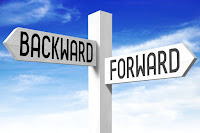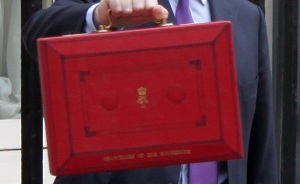At 8pm yesterday the people of Britain united in thanking the caregivers of the NHS and beyond. COVID-19 has made us all acutely aware of our vulnerability to disease. None of us knows when we might need help from those who work in our hospitals or local surgeries. Following current advice to restrict our daily activities is essential to ensure that those services are available when we most need them.
Around 2000 years ago Mary and Martha stayed home caring for their brother Lazarus. The help they hoped for didn't arrive in time. Jesus was delayed in getting to Bethany. By the time he arrived Lazarus was in the tomb. Jesus was dismayed and he wept for the loss of his friend. He prayed before calling Lazarus to come out of the tomb. God answered the prayer and Lazarus was restored to his sisters.
Mary, Martha, and Lazarus experienced a miracle that day. The account in John's gospel of this unique event presents it as a sign pointing to the resurrection of Jesus. Tradition has it that Lazarus was either assassinated by the religious authorities soon after his miraculous return to life or, alternatively, that he lived on for another 30 years and became a bishop. Either way, he eventually died as all human beings must.
Centuries later the Christian church recognises the raising of Lazarus as sign of God's power over life and death. Sickness and death are closer to us at present than we would wish. Like Mary and Martha we live in hope that help will arrive in our moment of need. And, as Jesus did in his distress, we pray:
God of all consolation and compassion,
your Son comforted the grieving sisters, Martha and Mary;
your breath alone brings life
to dry bones and weary souls.
Pour out your Spirit upon us,
that we may face despair and death
with the hope of resurrection
and faith in the One
who called Lazarus forth from the grave. Amen.








































